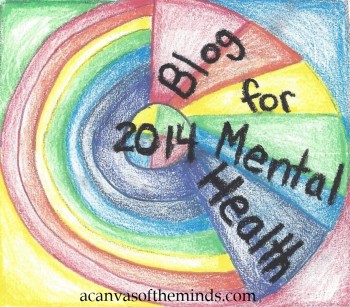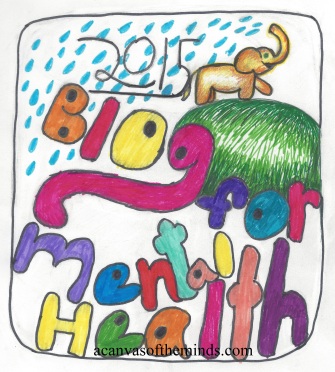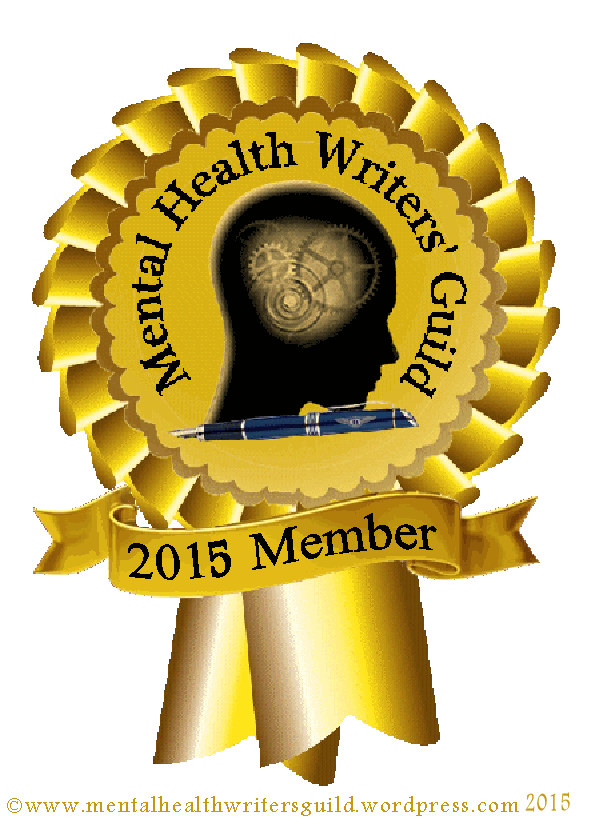I just woke up (don’t judge me) and turned on the TV to find that Wilson will not be indicted for Brown’s shooting. I try not to use my blog for ranting, so instead I will write about my confusion, since I’m almost always confused about something when I write.
Sometimes, despite being a psychologist and despite my super-empath skills, I still can’t understand why some people do the things they do. I studied prejudice and discrimination when I was in grad school, so I can tell you the theories that attempt to explain why some people choose to hurt others to make themselves feel better. Ingroups and outgroups. Competition. Fear of the unknown. Just world theory. Projection of weaknesses. Id impulses.
But sometimes the hatred that fuels prejudice and discrimination is so intense that intellectual theories fail to capture the atrocity of these acts.
And this does not only apply to race relations. It also applies to the backlash that women get when they finally have the courage to come forward and say that they were sexually assaulted. It applies to people who try to share what the darkness is like during a depressive episode, only to have a loved one respond with a dismissive I don’t believe in depression. It applies to the demons that seize every opportunity to make us feel worthless, unlovable.
Don’t get me wrong. I am not immune to darkness. I judge. I criticize. I will attack someone’s vulnerabilities in an argument. I have sinned. I have given in to demons. But I cannot say that my instinctive response to anyone has ever been to hate them without cause. Fear them, perhaps. But not hate them. And I have never had the urge to hurt someone who didn’t hurt me first.
Hatred. Darkness. Evil. Perhaps these are subjects that go beyond what psychology can offer. Perhaps religion and philosophy can do a better job of explaining why. Although I haven’t heard an explanation from these disciplines that I find satisfying, either.
At least psychology has given me something to do during these moments that are beyond my comprehension. In these moments, when I feel helpless to provide any kind of meaningful contribution to make the world a more loving place, I can pray. I can practice compassion and lovingkindness.
And I can blog.









